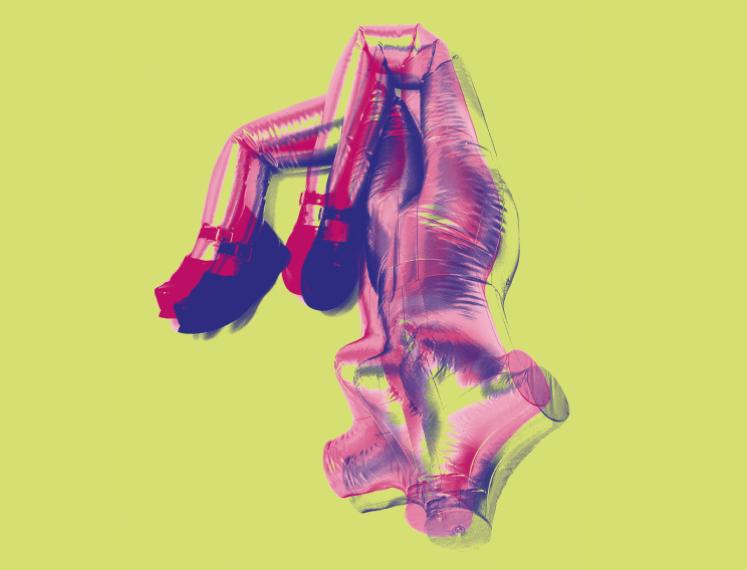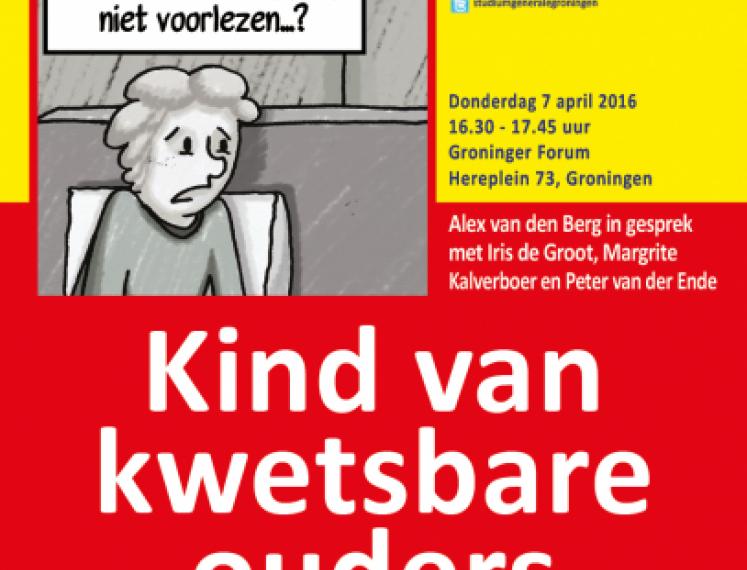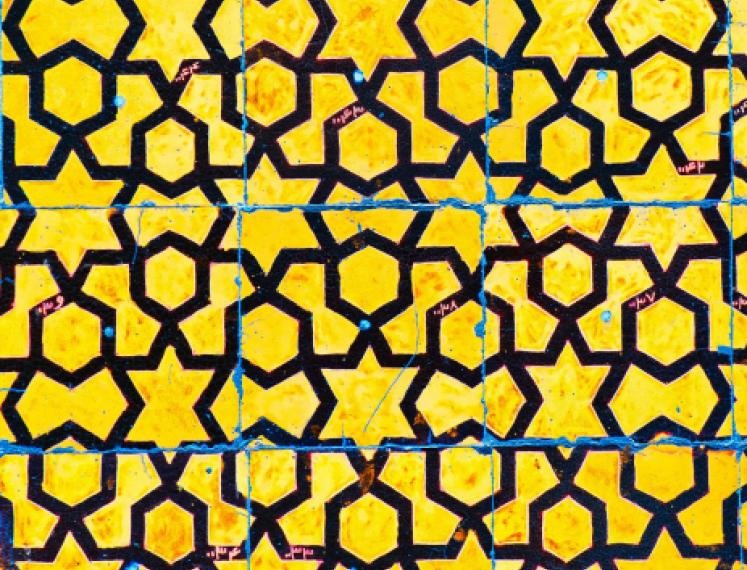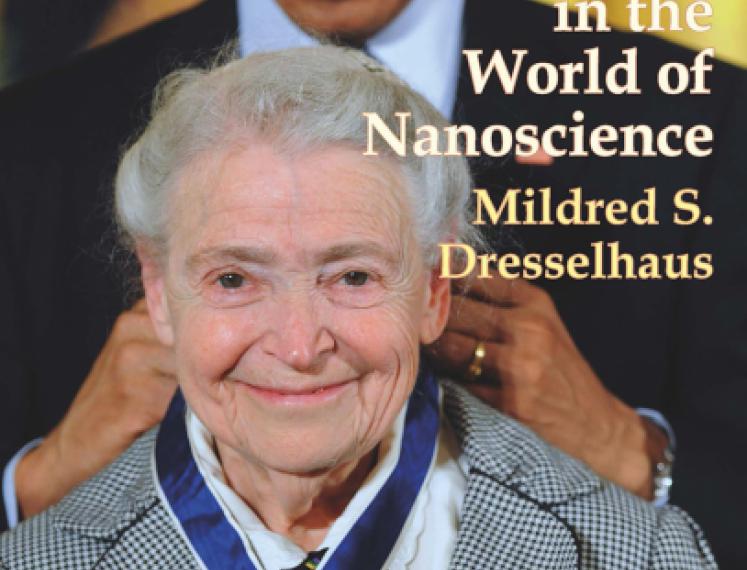USVA
Munnekeholm 10
9711 JA Groningen
Netherlands
Shop 'Till You Drop
What we wear says a lot about our identity: through clothing we can communicate who we are and what we want to express. And now thanks to fast fashion, shopping for clothes has become a normal part of everyday life, whether it’s for a special occasion or just for fun. But did you know that there is currently enough clothing in the world to dress the next six generations? Fast fashion has had an enormous impact on both the environment as well as on the people who make clothes. Most people agree that it needs to change. But how? Does buying vintage help? What about repairing (or upgrading) old clothes? Is the future of fast fashion up to our personal behavior or do we need systemic change?
During this evening political theorist Maeve McKeown will provide insight into how we as consumers can take responsibility for our own fashion choices, but also why it is necessary that corporate actors take steps to change the structure of fast fashion. Historian Femke Knoop analyses how our approach to fashion and clothing production in the Netherlands was different in the past. Anna Cyprianová and Berend Pietersma will join to talk about their own personal fashion as part of their identities.
Maeve McKeown is an Assistant Professor of Political Theory at Campus Fryslân, University of Groningen. She is the author of With Power Comes Responsibility: The Politics of Structural Injustice (Bloomsbury Academic, 2024) and co-editor of What is Structural Injustice? (Oxford University Press, 2024). Her other research interests include reparations for historical injustice and feminism.
Femke Knoop is a historian and conservator with Museum Heerenveen. She is the author of Hirsch & Cie Amsterdam (1882-1976): Haute couture op het Leidseplein (Uitgeverij Verloren, 2018) and works on publications and lectures as an independent historian.
In collaboration with Usva & Groniek Historisch Tijdschrift




